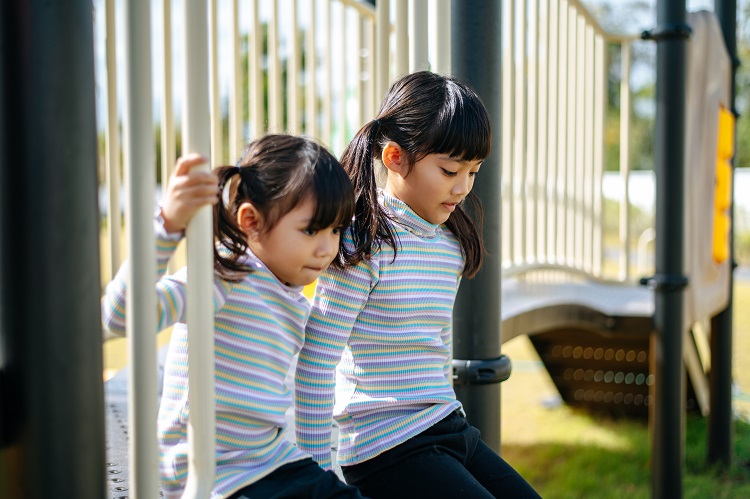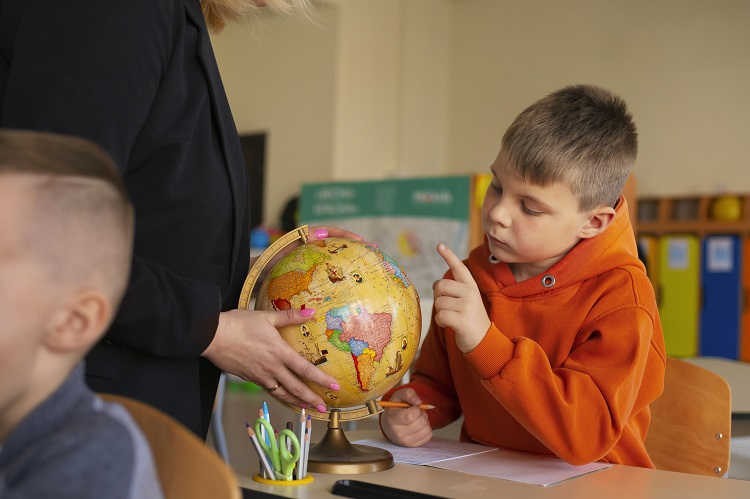In recent years, Thailand has become a magnet for global education, drawing students seeking top-tier academic opportunities in a culturally vibrant setting. The surge of international school in Thailand has piqued curiosity about their differences from local educational institutions. This article delves into the unique attributes of international school in Thailand versus domestic ones, spotlighting what sets them apart in the educational arena.
Cultural Diversity and Global Perspective
One of the hallmark features of international school in Thailand is their emphasis on cultural diversity and global perspective. These schools often have a diverse student body comprising students from various countries, cultures, and backgrounds. This multicultural environment fosters a rich exchange of ideas, promotes cross-cultural understanding, and prepares students to thrive in an interconnected world. In contrast, domestic schools in Thailand typically have a more homogeneous student population, which may limit exposure to different cultures and perspectives.
Curriculum and Accreditation
International school in Thailand often offer internationally recognized curricula such as the International Baccalaureate (IB) program, the Cambridge International Curriculum, or the American curriculum (e.g., AP and SAT). These curricula are designed to provide students with a rigorous and comprehensive education that prepares them for higher education opportunities worldwide. Additionally, many international school in Thailand undergo rigorous accreditation processes by international accrediting bodies, ensuring high standards of quality and accountability. In contrast, domestic schools in Thailand primarily follow the Thai national curriculum, which may not always align with international standards or cater to the needs of globally mobile students.
Language Instruction and Bilingualism
Another distinguishing feature of international school in Thailand is their focus on language instruction and bilingualism. Many international schools offer bilingual programs, where students have the opportunity to become proficient in English while also developing proficiency in another language such as Thai, Mandarin, or French. This emphasis on multilingualism not only enhances students' linguistic abilities but also promotes cultural appreciation and opens doors to global opportunities. In contrast, domestic schools in Thailand typically prioritize instruction in the Thai language, with limited opportunities for bilingual education.
Extracurricular Opportunities and Enrichment
International school in Thailand often provide a wide range of extracurricular activities and enrichment programs aimed at holistic student development. These may include sports, arts, music, drama, community service, and leadership initiatives. Such opportunities allow students to explore their interests, develop their talents, and cultivate essential life skills outside of the classroom. While some domestic schools in Thailand also offer extracurricular activities, the breadth and diversity of offerings may be more limited compared to international schools.
International school in Thailand offer a unique educational experience characterized by cultural diversity, globally recognized curricula, bilingual instruction, and extensive extracurricular opportunities. These features distinguish them from domestic schools in Thailand and make them an attractive option for students seeking a comprehensive and globally oriented education. As Thailand continues to position itself as a leading destination for international education, the distinctiveness of its international schools will continue to play a pivotal role in shaping the educational landscape and preparing students for success in an increasingly interconnected world.




